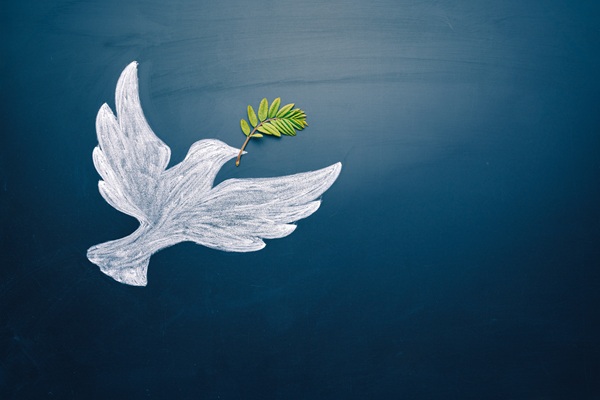Building a commitment to peace in European history education

The achievements of the European Union – peace between its nations, a common market, open borders – have been taken for granted by many young people, who were born into the Europe that the EU created. But after Brexit and a political shift to the right in many European countries, it is important to make these achievements tangible to students and reinforce the need to build an open and united Europe.
Learning about the complex and often turbulent landscape of European history can help young people build a deeper understanding of what causes conflict, and foster a commitment to peace. The Erasmus+ Programme supports educational exchanges and projects that focus on shared European history and values, to help young Europeans develop a sense of common identity and solidarity.
Building peace after long-term civil conflicts
Studying different perspectives on a shared past can be a tool for building bridges by promoting narratives of shared suffering and mutual understanding. This can be supported by curricula emphasising the importance of understanding, the reality of multiple perspectives and the dangers of nationalism.
In the aftermath of the Balkan Wars of the 1990s, the former Yugoslav countries face the challenge of teaching their shared but contested and painful history. The Peace and Justice Education Resource Center provides historical teaching resources focused on the experiences and perspectives of children in war and conflict. This gives today's pupils a way to connect to the history in a meaningful way.
History education has been a key part of peacebuilding efforts in places that have experienced long-term civil conflict. In Northern Ireland, efforts are made to help pupils from different communities to meet, exchange and understand each other's experiences. Similarly, in Cyprus, initiatives aim to foster dialogue and reconciliation between Greek Cypriots and Turkish Cypriots.
By confronting complex histories, promoting critical thinking and nurturing a culture of remembrance and understanding, history education can help to heal old wounds and prevent new conflicts, helping Europe to turn its complex and often painful history into a foundation for lasting peace.
Further reading
Additional information
-
Education type:School Education
-
Target audience:TeacherStudent TeacherHead Teacher / PrincipalTeacher EducatorResearcher
-
Target audience ISCED:Primary education (ISCED 1)Lower secondary education (ISCED 2)Upper secondary education (ISCED 3)
